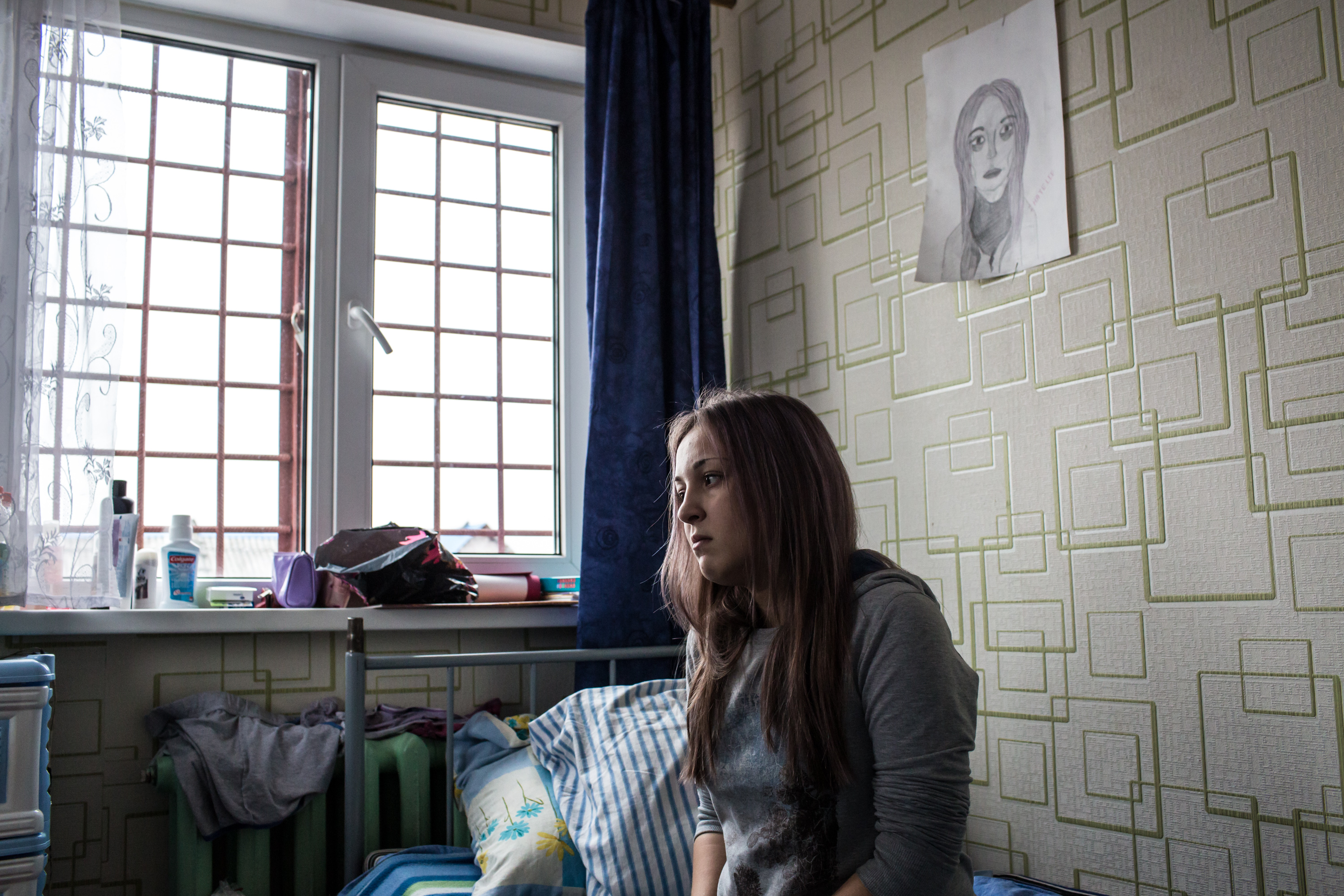The California auditor’s office released a report on Thursday suggesting the California Legislature could change state law to prevent an over-concentration of small drug and alcohol treatment facilities in residential areas.
Under state law, local jurisdictions cannot use zoning ordinances to restrict these small facilities, which serve six or fewer individuals.
The Joint Legislative Audit Committee requested the audit of the state Department of Health Care Services (DHCS), which has purview over residential treatment facilities providing detoxification and counseling services for people with abuse disorders.
Orange County residents had complained about an over-concentration of these facilities negatively affecting their neighborhoods. The auditor’s office said it did find certain areas in the state with more facilities.
“There are currently more beds for small treatment facilities per 10,000 residents in Orange County than in other counties in California,” Mike Tilden, chief deputy state auditor, said in the report.
State law puts no cap on the number of treatment facilities in a certain area, and it mandates that small facilities be viewed as a residential use of property.
The auditor discovered several small facilities with the same owner located next door or across the street from one another in neighborhoods in San Diego County and Orange County.
“The affiliation of five closely located facilities that could serve a total of 30 residents may have the cumulative effect of a larger facility in a residential neighborhood,” Tilden wrote.
“The Legislature could potentially change state law if these facility concentrations are not consistent with the law’s intent, which we believe was to integrate residents of these facilities into the communities and to provide for sufficient numbers and types of treatment services to meet local needs.”
Unlike licensing statutes for other types of facilities, state law governing treatment facility licensing does not place distance requirements.
Tilden added that laws preventing over-concentration could address the issue “without violating federal housing and disability law.”
Complaint Investigations
The auditor also found that DHCS does not always complete investigations into complaints in a timely manner. DHCS is required to assign a complaint to an investigator within 10 days.“We found that it took Health Care Services an average of 183 days to assign the complaints when it did not meet its 10-day required time frame,” Tilden wrote.
Also, DHCS did not sufficiently follow up after completing investigations of unlicensed facilities to ensure they stopped operating.
In a selection of 60 complaint investigations, the auditor found that DHCS’s analysts generally completed high-priority investigations in an average of 84 days. A high-priority complaint includes incidents such as resident deaths, insufficient detoxification checks, problems with managing resident medications, and sexual misconduct.
The department took more than 300 days for medium- and low-priority investigations. Examples of medium-priority requests include complaints about program cleanliness or staff qualifications, while a low-priority complaint might include a refund request.
DHCS is also required to conduct on-site inspections every two years to ensure that treatment facilities operate within the legal limits of their licenses, including by serving no more than the permitted number of residents.
“We found that although Health Care Services’ compliance inspections were generally thorough, they were not always on time,” Tilden wrote.
Half of such inspections were not conducted in a timely manner, leaving some facilities uninspected for years, according to the report.
In one inspection, which DHCS was late to conduct, some employees lacked proof of licenses needed to provide services. Moreover, some also did not have the required health screening paperwork, such as evidence of a tuberculosis test.
DHCS Response
On Oct. 7, Michelle Baass, director of DHCS, said the agency is actively working to make changes to its processes to improve outcomes.“DHCS is committed to robust oversight of residential treatment facilities to ensure Californians receive safe and high-quality care,” she wrote in a response letter included in the audit.
Baass said the latest state budget includes more resources that will help address the audit’s recommendations, such as filling vacant positions and hiring additional licensing supervisors, who will run weekly reports of active programs and applications to help ensure the timeliness of inspections.
Starting in April 2025, DHCS will also begin conducting follow-up visits to verify that unlicensed facilities have stopped operating. By October 2025, DHCS will implement guidelines that outline how much time each step of the investigation process should take for different types of investigations.
“DHCS continues to evaluate complaint data to investigate and close complaints timely,” DHCS said in its response. “Since 2022, the length of time, from assignment to closure, has decreased for complaint investigations.”
In March, DHCS also said it began working with an external IT team to implement a new licensing system that will notify analysts and supervisors about upcoming inspection due dates and provide reports, according to the report.
The Epoch Times reached out for comment to Baass about the over-concentration of facilities in certain areas in California but did not receive a response by publication time.













